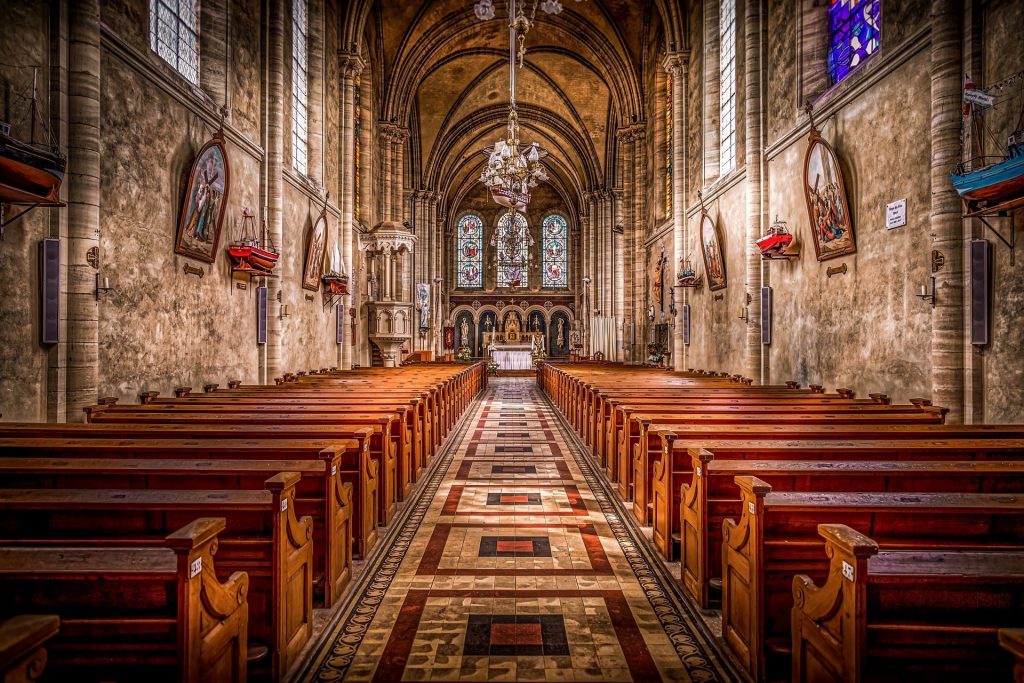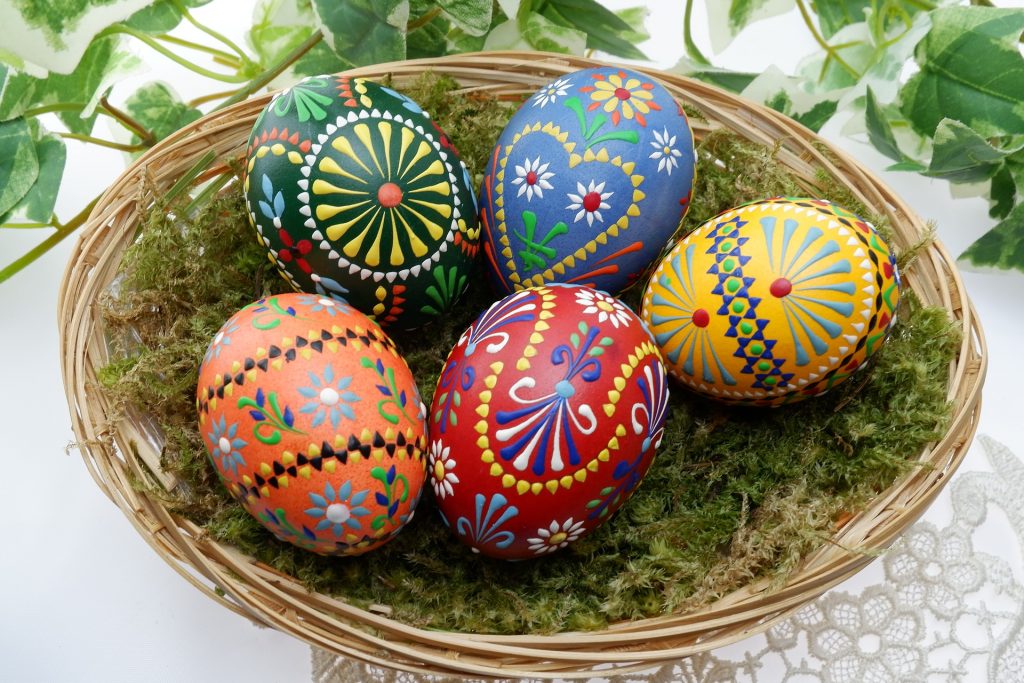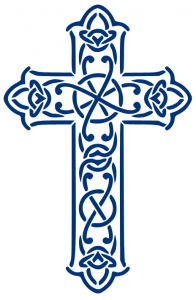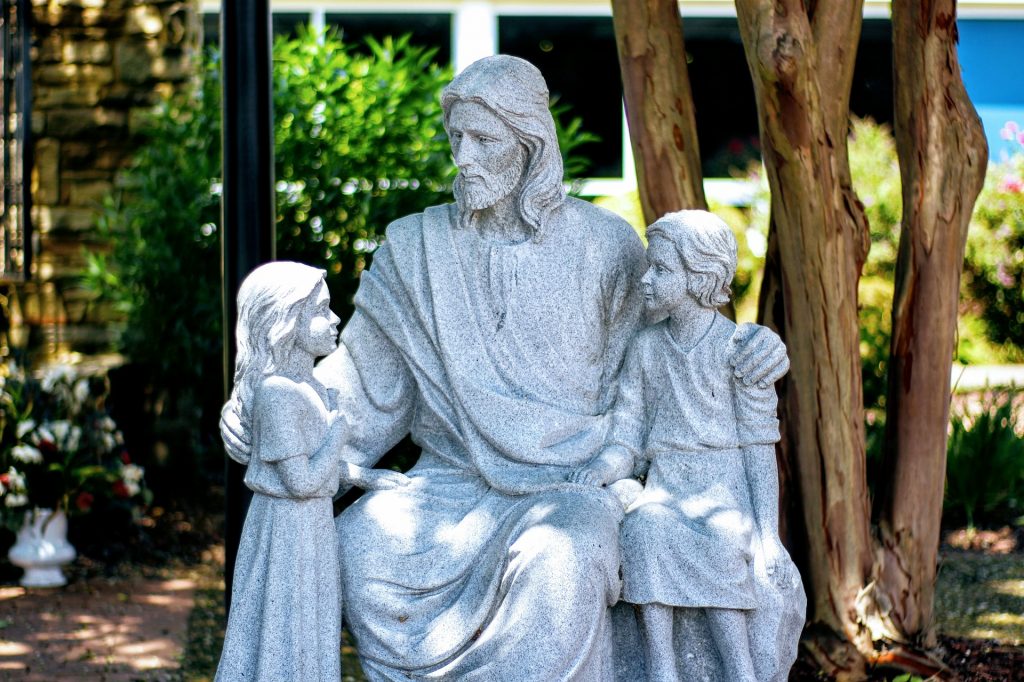Interfaith Week – a personal look into Christianity
For our final interview we spoke to a woman who has practised Christianity since childhood, about her faith and it’s impact on her mental health.
What is your religious/spiritual background and how long have you been practising it?
I was brought up and christened a Roman Catholic in a UK refugee camp by my Polish parents who came here just after WW2, so I would say I’ve been practising it all my life, except that I wouldn’t say I’m a very devout, Catholic, but rather a Christian. This is because I have had problems with the Catholic concepts of purgatory and confession since I was a teenager, probably due to the fact that I had some Baptist friends at secondary school, who tried to convert me to becoming a Baptist, although I did not convert. It was, however, then that I realised how important Jesus was to me, so that I have tried to be an evangelical Catholic since then as much as possible (though not always with much success, unfortunately) and my faith was further consolidated on a very spiritual and emotional level when I visited the Holy Land/Israel a few years ago, where I followed the paths taken by Jesus, my ‘hero’, 2,000 years ago!
What is your favourite religious/spiritual holiday and why?
My favourite Christian holiday is Easter, because not only does it herald the coming of spring, the season of rebirth, but it also celebrates the most important event of the Christian faith, the Resurrection, without which my faith would be meaningless. Easter is also celebrated in many countries, especially in Eastern Europe from where I hail, with the custom/tradition of painting eggs and making edible lambs from sugar, dough or butter which signify the Saviour’s sacrifice and Resurrection and which are blessed in church on Easter Saturday before being consumed on Easter Sunday. This, to me, is a much more meaningful communion, as it were, with Jesus and his ultimate sacrifice than the chocolate eggs which are commercially produced and consumed for a profit.
[My faith] has helped me rise above the worst tragedies in my life
Would you say your faith has a positive influence on your mental health and why?
I would say it does have a positive influence, as it has helped me rise above the worst tragedies in my life, i.e. the loss of my loved ones, because I believe in a life after death where those who are beloved by the Lord regain their health and happiness or even acquire it to a more wondrous level than they ever experienced on this mortal coil.
If any, is your faith detrimental to your mental health at all?
I think that sometimes, despite my faith, I still get upset or depressed about the fact that I have lost so many beloved people and animals in my life and that there is so much cruelty and suffering in the world, especially towards our fellow animal brethren on this planet. However, I would not say that my faith was detrimental to my mental health, it just makes me dwell more on this cruelty and suffering, possibly more than others who don’t pray or think about it, by my praying for its victims. I do this because I believe that each of us is a powerhouse of prayer that can do good by being channelled to God.
Is there a quote or citation from a religious text or religious/spiritual leader that you find particularly inspiring or hopeful at times like these?
It would have to be the ‘Beatitudes’ from Jesus’ Sermon on the Mount, which I always liked and felt a connection with even before I learnt their more precise translation (which is an exclamation, as in ‘O, the blessedness of the poor!’, etc,), plus their actual and inner meaning when I visited the site of the sermon on the Sea of Galilee coast a few years ago.
This is the original text:
Blessed are the poor in spirit, for theirs is the kingdom of heaven.
Blessed are those who mourn, for they shall be comforted.
Blessed are the meek, for they shall inherit the earth.
Blessed are those who hunger and thirst after righteousness,
for they shall be satisfied.
Blessed are the merciful, for they shall obtain mercy.
Blessed are the pure in heart, for they shall see God.
Blessed are the peacemakers, for they shall be called children of God.
Blessed are those who suffer persecution for righteousness’ sake,
for theirs is the kingdom of heaven.
So they are joyous celebrations of and proclamations about the nature of the human spirit that is required to enter the kingdom of God, rather than the ‘Blessed are…’ statements, which are a mistranslation due to the fact that ‘are’ does not exist in Aramaic, the language Jesus spoke and preached in.
Posted on: 12th November 2020



